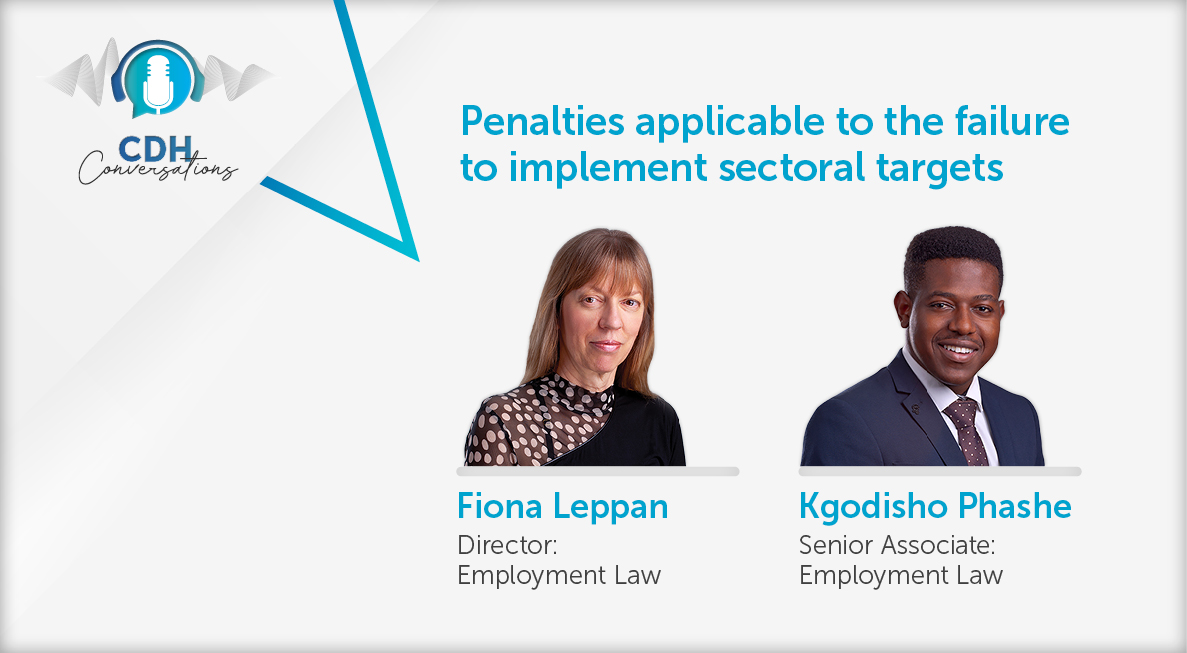Misconstruing a “condition precedent”
At a glance
- The case of McGrane v Cape Royale The Residence involved a dispute over the fulfillment of a suspensive condition in an agreement of sale for a property.
- The Supreme Court of Appeal (SCA) held that the suspensive condition regarding loan financing only applied if the purchaser required such financing. If no loan finance was required, the condition was not triggered.
- The SCA also ruled that even if the condition was considered a suspensive condition, it could be waived by the purchaser. The subsequent conduct of the parties supported the finding that the agreement remained valid and binding.
The agreement contained the following condition precedent regarding McGrane obtaining loan financing for payment of the purchase price:
“5.1 In the event of the purchaser requiring a mortgage loan to finance the acquisition of the unit and exclusive use area, this sale shall be subject to the condition precedent that the purchaser obtains approval in principle from a recognised financial institution for such a loan in the amount as specified in clause 6.1 of the schedule within 21 (twenty-one) days of signature hereof by the purchaser, on the institution’s usual terms and conditions relating to such loans. the purchaser undertakes to use his best endeavours to ensure that the loan referred to is granted timeously and undertakes to sign all such documentation and co-operate with the seller fully in order to ensure that the said loan is approved. this condition shall be deemed to have been fulfilled upon the purchaser obtaining approval in principle from a financial institution for a loan as herein contemplated.
5.2 In the event that the condition precedent is not fulfilled within the time period provided for in clause 5.1 above, the seller may in its sole discretion extend this period for 7 (seven) days at a time until the seller, in its absolute discretion, notifies the purchaser of the termination of such time period.” [emphasis added]
The agreement provided for the payment of a deposit and the balance of the purchase price to be payable “as soon as possible after the opening of the sectional title register”. Subsequent to the conclusion of the agreement, but before the unit had been built, the floor area decreased. This caused the parties to conclude an addendum to the agreement to reduce the purchase price accordingly.
Dispute
When the development was completed, a dispute arose between the parties. In short, McGrane contended that he had complied with all of his obligations in terms of the sale agreement (by paying the full purchase price), and he demanded transfer of the unit. Cape Royale refused to effect transfer. It contended that a suspensive condition had not been fulfilled, namely that McGrane had failed to procure loan finance within a period of 21 days from the date of conclusion of the agreement, and for that reason the agreement had lapsed.
Before the court a quo, Cape Royale obtained an order that the issue of whether the agreement had lapsed was to be determined separately. McGrane’s evidence was that he paid the full purchase price in cash into a bank account in Dublin nominated by a representative of Cape Royale (McGrane resided in Dublin). In other words, his evidence was that he did not require bank finance and, accordingly, that the condition precedent did not apply to him.
He also testified that Cape Royale had never previously raised with him the fact that he had failed to comply with the suspensive condition.
The High Court adopted a narrow view of the case. It held (per Sievers AJ) that the agreement embodied a suspensive condition which had not been fulfilled, and that the agreement had, accordingly, lapsed.
SCA finding
On appeal, the Supreme Court of Appeal (SCA) held that on a proper construction of the agreement, the relevant clause (clause 5.1), imposed a suspensive condition only in the event of a purchaser requiring loan finance. Put differently, the condition operated to the benefit of Cape Royal only in the event that a purchaser required loan finance, and that if no loan finance was required the clause was not triggered. In arriving at this finding (which meant that the SCA did not have to consider whether or not the condition had been waived) the court referred to the principle that the mere inclusion of the words “condition precedent” does not automatically mean that the clause in question is a suspensive condition. The point of departure is the language of the clause considered together with its context and purpose.
The SCA went further. It held that even if clause 5.1 could be construed as a suspensive condition, the clause in question (described as a “subject-to-bond” clause) operates solely for the benefit of the purchaser – i.e. McGrane. This meant that the clause was susceptible to waiver, and on the facts had indeed been waived by McGrane. Finally, the SCA held that the subsequent conduct of the parties was instructive: at all times until it filed its plea, Cape Royale had treated the agreement as valid and binding, and the appeal was accordingly upheld.
Although the case did not break new ground, it does serve as a reminder that: (i) the words “condition precedent” do not automatically mean the clause in question is in fact a suspensive condition; and (ii) a “subject-to-bond” clause typically operates solely for the benefit of a purchaser and is thus capable of being waived by the purchaser, and cannot be relied upon by a seller wishing to escape its obligations under an agreement of sale.
The information and material published on this website is provided for general purposes only and does not constitute legal advice. We make every effort to ensure that the content is updated regularly and to offer the most current and accurate information. Please consult one of our lawyers on any specific legal problem or matter. We accept no responsibility for any loss or damage, whether direct or consequential, which may arise from reliance on the information contained in these pages. Please refer to our full terms and conditions. Copyright © 2026 Cliffe Dekker Hofmeyr. All rights reserved. For permission to reproduce an article or publication, please contact us cliffedekkerhofmeyr@cdhlegal.com.
Subscribe
We support our clients’ strategic and operational needs by offering innovative, integrated and high quality thought leadership. To stay up to date on the latest legal developments that may potentially impact your business, subscribe to our alerts, seminar and webinar invitations.
Subscribe



